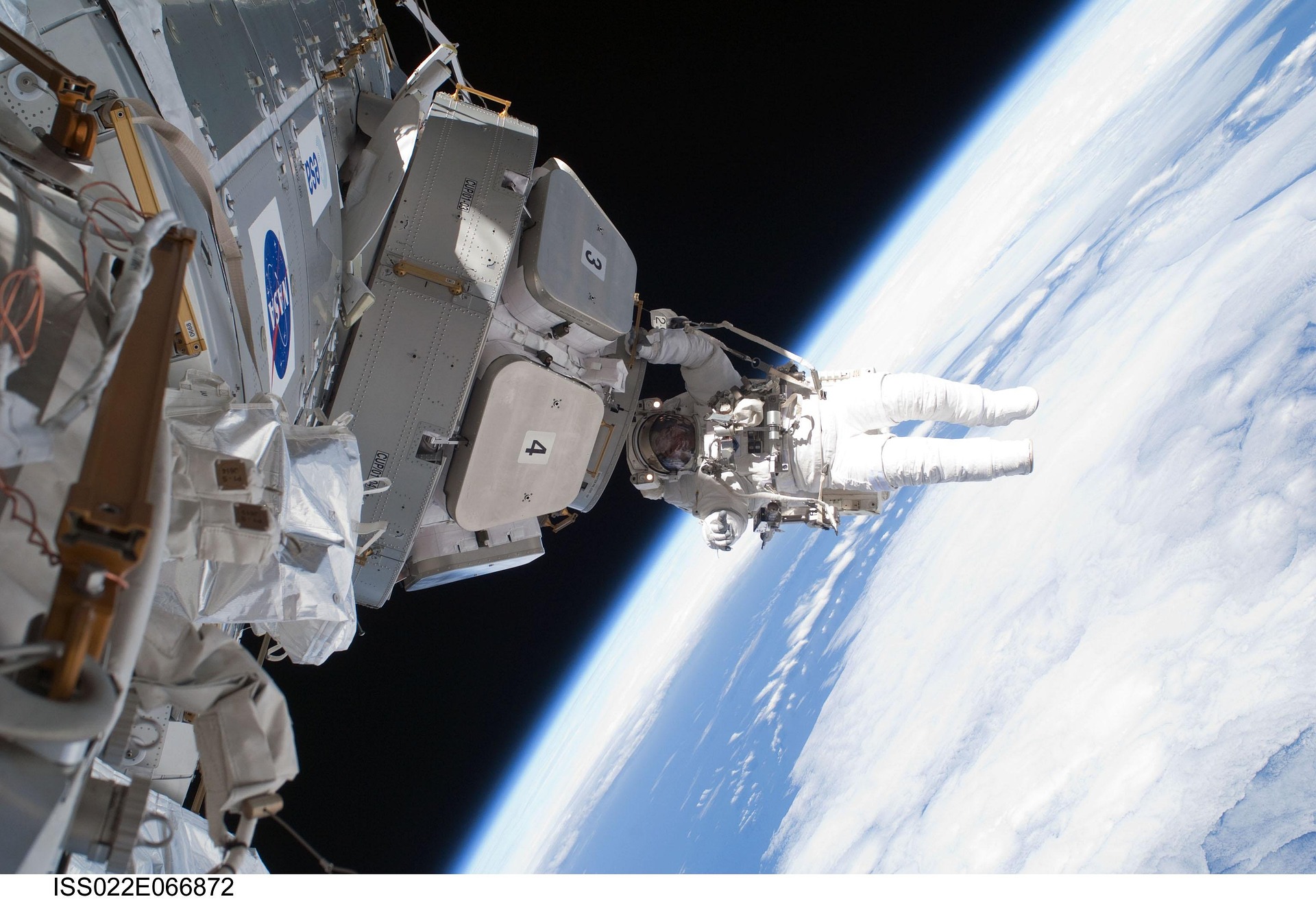European aeronautics company Airbus Defence and Space (Airbus) and space exploration startup Voyager Space have announced a collaboration to work on the International Space Station’s (ISS) successor.
Commercial space station Starlab will succeed ISS, which NASA has said will be decommissioned by 2031, and the companies said their collaboration paves the way for a transatlantic joint venture to develop, build, and operate the new space station.
The companies added that the US-led joint venture will bring together “world-class leaders” in the space domain and serve to further unite American and European interests in space exploration.
“We are proud to charter the future of space stations with Airbus,” said Voyager president Matthew Kuta. “The International Space Station is widely regarded as the most successful platform for global cooperation in space history, and we are committed to building on this legacy as we move forward with Starlab.”
NASA awarded Voyager a $160 million grant under its Space Act Agreement (SAA) in 2021, with the grant coming as part of NASA’s Commercial Low Earth Orbit Development Program.
At the time, NASA said its SAA sets the foundation to create Starlab, a continuously crewed, free-flying space station to serve NASA and a global customer base of space agencies and researchers.
“This transatlantic venture with footprints on both sides of the ocean aligns the interests of both ourselves and Voyager and our respective space agencies,” said Jean-Marc Nasr, head of space systems at Airbus.
He added: “This pioneers continued European and American leadership in space that takes humanity forward.”
Latest News
-
US pauses UK tech prosperity deal over wider trade disputes
-
Ofcom investigates BT and Three after summer outages disrupted 999 calls
-
Monzo announces plans to buy digital mortgage broker Habito
-
Technology secretary launches Women in Tech Taskforce
-
Asahi weighs dedicated cybersecurity unit after ransomware disruption
-
Crypto exchange HashKey ‘raises $206m’ in Hong Kong IPO
The future-ready CFO: Driving strategic growth and innovation
This National Technology News webinar sponsored by Sage will explore how CFOs can leverage their unique blend of financial acumen, technological savvy, and strategic mindset to foster cross-functional collaboration and shape overall company direction. Attendees will gain insights into breaking down operational silos, aligning goals across departments like IT, operations, HR, and marketing, and utilising technology to enable real-time data sharing and visibility.
The corporate roadmap to payment excellence: Keeping pace with emerging trends to maximise growth opportunities
In today's rapidly evolving finance and accounting landscape, one of the biggest challenges organisations face is attracting and retaining top talent. As automation and AI revolutionise the profession, finance teams require new skillsets centred on analysis, collaboration, and strategic thinking to drive sustainable competitive advantage.
© 2019 Perspective Publishing Privacy & Cookies











Recent Stories